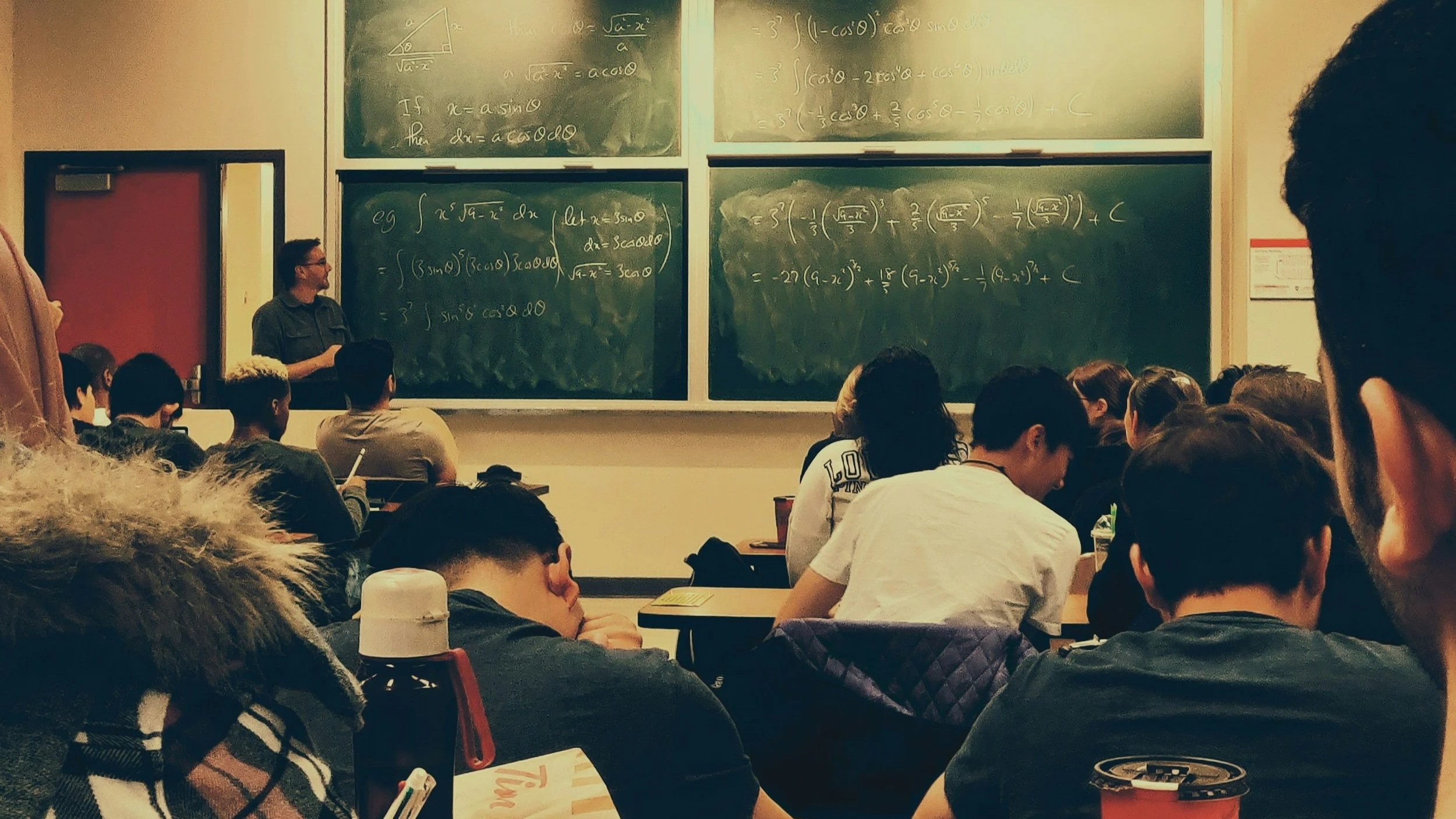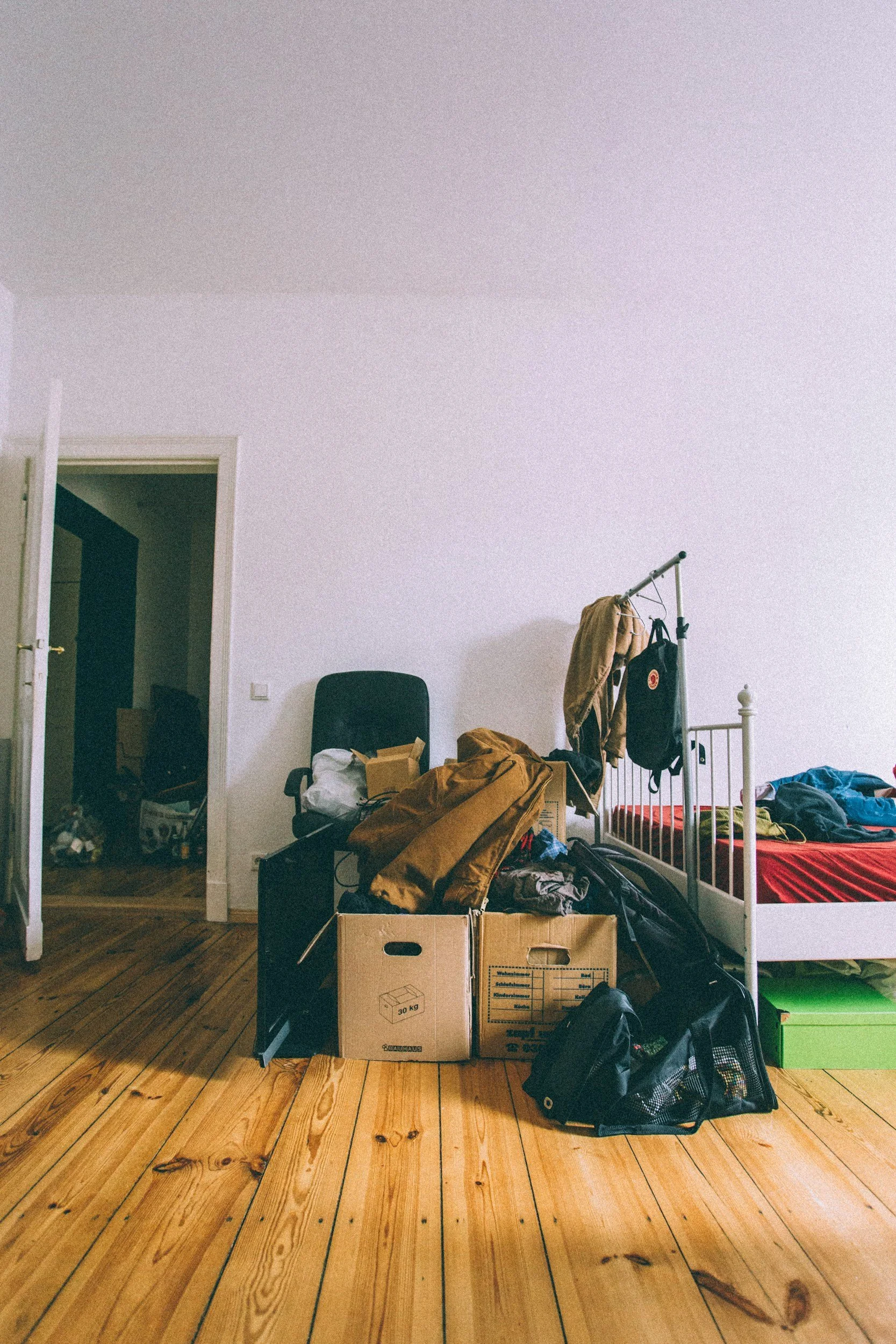When your child leaves for University: A parents journey
Excitement, happiness, and gratitude were the first emotions I felt when my son achieved the grades he needed to get into the university of his choice, studying the course he had been working towards. As a mother, I couldn’t have been prouder. All those years of hard work, late-night study sessions, and commitment had paid off. But as the celebrations settled, another feeling began to surface- the realisation that he would soon be leaving home to start a new chapter of his life, independent from us.
My son didn’t have to move away for university, but I knew he was ready. I wanted him to experience university life fully in order to gain independence, take on responsibility, and enjoy new experiences. I hoped he would grow through the lessons that come from finding your own way.
Once the initial excitement faded, the practical realities began to set in. Suddenly, there were endless lists of things he’d need for his new accommodation - from bedding and kitchenware to laundry baskets and extension leads. Then came the admin: setting up a student bank account, organising discount cards, insurance, and even a TV licence. I found myself thinking about all the little tools that might make his life easier- travel apps, mobile banking, online grocery shopping, budgeting, and student discount sites. By the end of August, I was on a first-name basis with the Amazon delivery drivers.
It was in those moments that I became more aware of how much of the everyday “life admin” I’d naturally taken on over the years- not because he couldn’t do it, but because that’s just what parents do. We quietly manage the background details so our children can focus on school, hobbies, and friendships.
As he prepared for university, it was clear that he was more than capable- independent, calm, and ready to take the next step. But I also recognised that this was an opportunity for me to begin stepping back, to give him even more ownership of his own life. Over the months leading up to university, I encouraged him to take the lead on organising paperwork, setting up his finances, managing appointments, and handling his own correspondence. It wasn’t about teaching him from scratch - it was about letting him practise independence while still knowing we were there if he needed guidance.
Watching him take control with such confidence made me realise how naturally he was transitioning into adulthood. It was a proud reminder that, as parents, our role evolves, from doing things for our children, to standing beside them as they learn to do things on their own. Letting go isn’t easy, but it’s a beautiful part of watching them grow.
One thing I was especially proud of was his ability to cook. During the summer after his A-levels, he took charge of his meals and even cooked for me. Not Pot Noodles or toasties — but real, balanced meals. That gave me huge comfort that at least he wouldn’t live off takeaways. (Although, let’s be honest, I’m sure there’ll be a few late-night pizzas in there somewhere.)
I spent hours researching the “ultimate student essentials list,” determined to make sure he had everything he might possibly need. My son, in true fashion, remained calm and laid-back, confident and unfazed by the change ahead. While I stressed about saucepans, mattress protectors, and whether he needed three sets of towels or four, he quietly got on with the important stuff like sorting out his student finance and accommodation.
It was a gentle reminder that sometimes our children are more ready than we think and sometimes, it’s us parents who need to do the adjusting.
The day of the move
The day itself was overwhelming. We had two cars packed to the brim, and after hours of unpacking, carrying boxes up nine flights of stairs because the lift queue was endless, we finally set up his room. As he began chatting with his new flatmates, I busied myself organising his things, partly to be helpful, partly to avoid the lump forming in my throat.
And then came that moment, the walk back to the car. The quiet. The weight of realisation. I sat in the car, looked at the empty seat beside me, and it hit me: he wasn’t coming home with us. I called my mum, but when she answered, I couldn’t speak and then I just cried. The tears came from somewhere deep, from the part of me that had been his constant for 18 years. The routines, the noise, the laughter, all of it suddenly gone.
No one really prepares you for that moment. We talk so much about how exciting it is for our children to start their new lives, but not enough about what it means for us as parents, the quietness that follows, the emptiness, and the questions of “what now?”
Adjusting to the New Normal
Eighteen years of someone always being there, and then suddenly… not. It’s a huge adjustment. My routines had to change in ways I hadn’t even imagined. I couldn’t just pop out to the shop or head to the gym while he stayed home with his sister as she slept. My husband often works away, so the house that once felt full of life, laughter, and movement suddenly felt still, quiet, and at times, achingly empty.
My son and I have always been close. We’ve shared a great relationship but once he moved to university, I realised things had subtly changed. I had to be more mindful about how I interacted with him, no more calling him the playful, funny nicknames I used at home, or joking around in quite the same way. He was stepping into adulthood, building his independence and identity, and I wanted to respect that. It felt strange at first, learning to hold back slightly when showing affection or humour, but I knew it came from a good place, he was growing up, and I was learning to give him space to do so. That was a strange feeling, like stepping into unfamiliar parenting territory. The rules had changed, but no one had told me. I still wanted to give him the biggest cuddle and tell him to wear an extra jumper, but I had to remind myself that he was building his independence now and my role was changing too.
At first, I comforted myself by thinking, “He’s only half an hour away, I can pop by whenever I want.” But I quickly realised it doesn’t work like that. He wasn’t just living alone; he was living with others, people I didn’t know, young adults creating their own shared space and routines. I learned that just ‘popping by’ wasn’t appropriate, no matter how much I wanted to see him. It’s those little invisible shifts, the new boundaries, that take time to understand.
All these small changes added up to one big realisation: I had to adjust my parenting. I was no longer parenting a child, I was parenting an 18-year-old adult. And while I still struggle to get my head around that, I’m learning that this new phase is just as important as every one that came before it. Slowly, I’ve started to see this stage not as an ending, but as an evolution. Just as my son is learning to live independently, I’m learning to redefine myself beyond being “Mum.” It’s a different kind of growth, quieter, more reflective — and it requires patience and a lot of self-compassion.
Sending a child off to university isn’t just a milestone for them — it’s one for us, too. It marks the end of one chapter and the start of another. And while it can feel like a loss at first, it’s really a reflection of everything we’ve done right — raising a child confident enough to take on the world.
Recommendations for parents preparing for the move
Having now been through the emotional rollercoaster and practical whirlwind of sending my son to university, here are a few things I learned that might help other parents preparing for the same milestone:
Put aside extra money for the move.
Even with careful planning, the costs quickly add up. On moving day, we realised there were still extra bits he needed — from storage boxes and extension leads to that all-important first big food shop (which somehow included every cleaning product and toiletry known to mankind!). Having a little financial cushion takes away some of the stress.
Pack food and snacks for moving day.
Moving day is long and exhausting. Between unloading cars, carrying boxes, and organising rooms, everyone ends up tired and hungry. Having snacks or packed lunches on hand can make a big difference — one less thing to think about when emotions are already running high.
Give your child some backup cash for emergencies.
Even in a digital world, cash can still come in handy, whether it’s for taxis, laundry, or unexpected costs when cards or apps don’t work. It’s reassuring for both you and them to know they’ve got a small safety net tucked away.
Arrive early on move-in day.
If you can, get there as early as possible. It gives your child a better chance to meet their new flatmates as they arrive, and allows parents and families to chat too. Those early introductions can make the transition feel a little easier for everyone.
Make sure your child can manage basic household tasks.
It sounds simple, but it’s so important. Make sure they’re comfortable using kitchen appliances — oven, hob, microwave — and can prepare a few simple, balanced meals. It’s equally important that they know how to do their own laundry, including washing, drying, and folding clothes. Confidence in these everyday skills helps them feel more independent and reduces stress in those first weeks.
Prepare a few homemade meals for their freezer.
That first week can be intense, with inductions, socials, and settling into a new space. I batch cooked a few of his favourite meals and popped them in his freezer, it gave him one less thing to worry about and a comforting taste of home.
Check they’ve got the right apps.
Make sure they’ve downloaded useful apps like Uber, Trainline, Just Eat, mobile banking, and budgeting tools. A family WhatsApp group is also great for staying connected — without hovering!
Encourage them to apply for student discounts.
There are so many savings available — from travel to shopping to food. Encourage them to sign up for UNiDAYS, Student Beans, and TOTUM, or simply google what’s available at their university.
Encourage them to find a part-time job (when they’re ready).
A small job can be a great way to manage money, meet new people, and gain confidence — but remind them not to rush. The first term is all about finding their rhythm.
Watch student experience videos together.
Believe it or not, TikTok and YouTube were surprisingly helpful! Seeing other students’ move-in experiences gave both of us a clearer picture of what to expect — and a few laughs along the way.
Further information:



